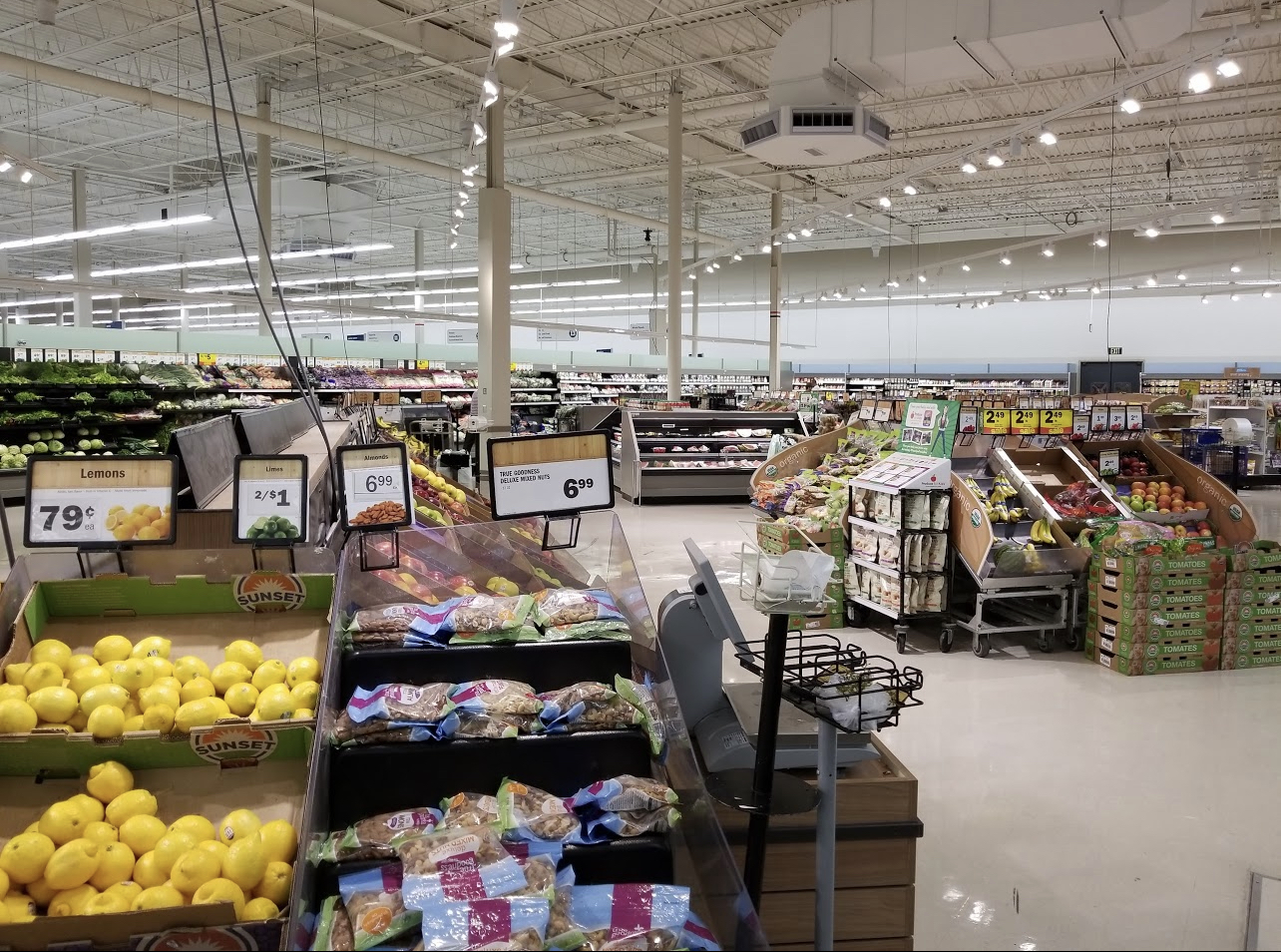You Can Stop Washing Your Groceries Before Putting Them Away Now
2 min read
As we understand more about the transmission of SARS-CoV-2, we learn more about the different ways to prevent it. If like me, you’re one of the millions of Americans that have taken to cleaning your groceries, you can safely discontinue the practice. At least according to updated guidance from the CDC. According to the Centers for Disease Control, transmission from contaminated surfaces is still possible, but the risk is very low.
The risk of transmission from touching a contaminated surface is relatively low depending on several factors. The least dangerous scenarios typically involve several factors that range from surface type, location, and time between contact with a contaminated surface. Porous surfaces are of course less hazardous than non-porous surfaces, and exposure to varying elements also helps to degrade the virus. The CDC made sure to point out that experimental conditions are not meant to mimic real-world conditions, and thus, several other factors could incidentally increase or decrease the possibility of contracting COVID.
These factors include the initial viral amount (quantity of virus present in respiratory droplets) that come into contact with surfaces, ventilation, and changing environmental conditions. In short, most of the groceries that travel from a store to your car, and then inside your home have been through enough environmental changes to have degraded the virus enough to warrant not cleaning them. Essentially, you have less than a 1 in 10,000 chance of being infected with COVID even if you touched a contaminated surface.
That’s not to say that we should all stop doing the things we’ve been doing to safeguard ourselves from the virus just yet either. Hand washing and mask-wearing are still two of the biggest action items we have in order to help slow the spread of the virus. Of course, there’s still a chance of catching COVID if you happen to be the touch-a-surface-touch-your-eye sort of person, and the biggest risk factor is still breathing droplets. This is why mask mandates are still a thing and masks remain important, especially in indoor community settings.
So, a person can still be infected from a contaminated surface, though the risk of that happening is very low. The main method by which COVID-19 is, and continues to be transmitted, is by droplets that are spread through the air. Practicing continued hand hygienics, social distancing, and wearing a mask does help lessen the possibility of fomite transmission. Stop washing your groceries, and start wearing a mask.
Source: Centers For Disease Control







